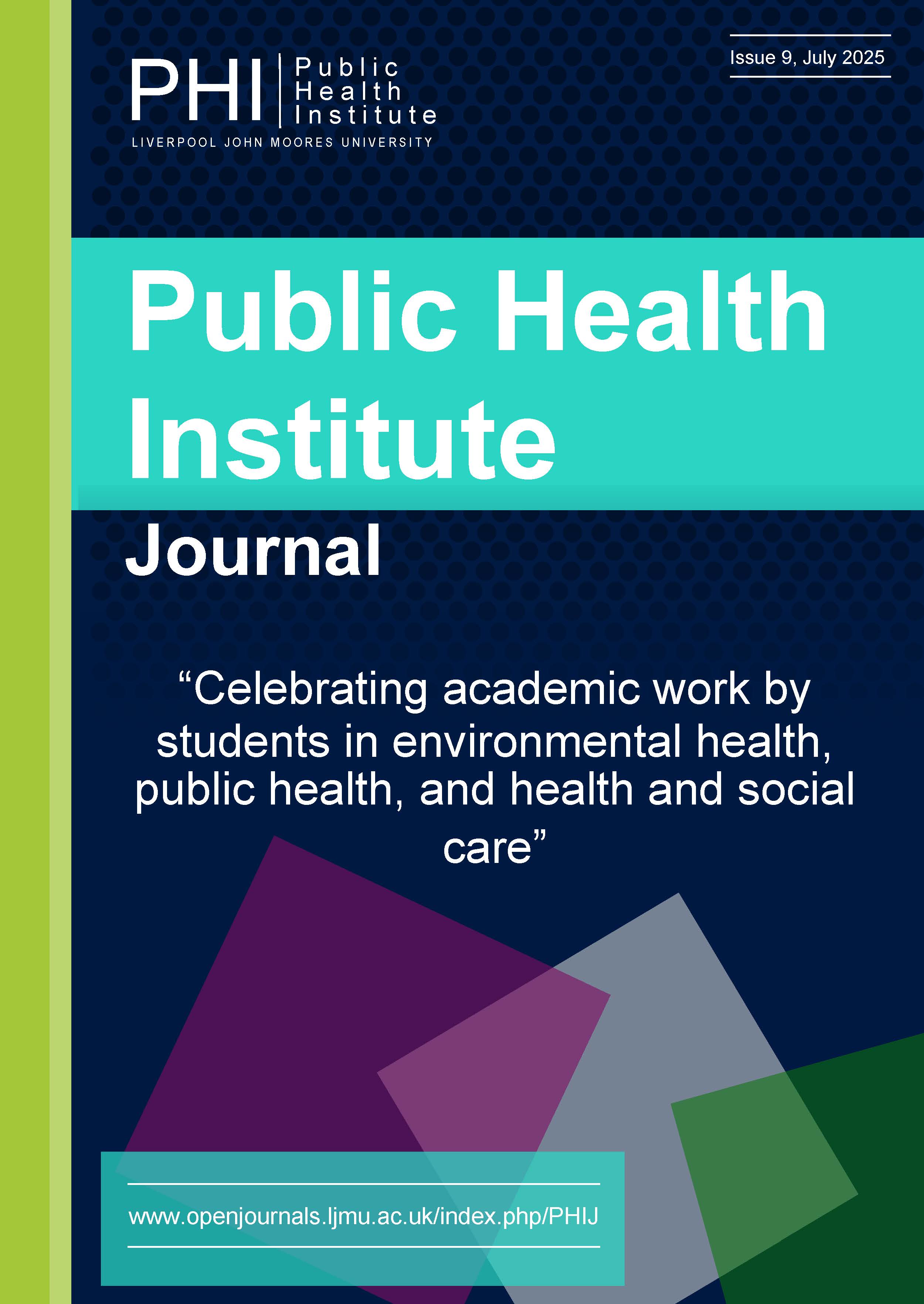Tackling stigma in people with Post-traumatic stress disorder: the barriers to seeking help
Keywords:
PTSD, Stigma, Cultural Beliefs, Traumatic StressAbstract
This research evaluates the stigma-related obstacles that hinder individuals with Post-traumatic stress disorder (PTSD) from seeking professional help, with a specific focus on gender and age differences. Gender norms notably affect help-seeking behaviour, due to stigma related to traditional masculinity. Age also plays a pivotal role, as young individuals struggle with peer pressure and limited access, while older individuals may neglect symptoms and lack of awareness. Middle-aged individuals, through more inclined to seek support, are often burdened by life responsibilities. Mitigating these aspects requires targeted, inclusive and trauma-informed approaches. Tailored interventions that significantly consider gender and age-specific factors are significant for breaking the stigma and increasing accessibility to efficient PTSD care and support throughout the world. Research in this area has focused on the stigma associated with PTSD individuals, emphasising on theoretical understanding of the perceptions and beliefs that dwell in different communities regarding PTSD. The stigma and fear delay the treatment process of individuals suffering from PTSD. The external barriers that have been explored include the cultural beliefs and prevalence of lack of healthcare infrastructure associated with the poor socio-economic status of individuals living in the rural areas. Strategies that have been found to be significant have been the “Psychoeducation” and “Trauma-Informed Care”, which considerably help PTSD individuals to overcome stigma and improve mental health.
Published
Issue
Section
License
Copyright (c) 2025 Jewel Joseph

This work is licensed under a Creative Commons Attribution 4.0 International License.
Authors retain copyright and grant the journal right of first publication with the work simultaneously licensed under a Creative Commons Attribution License that allows others to share the work with an acknowledgement of the work's authorship and initial publication in this journal.


